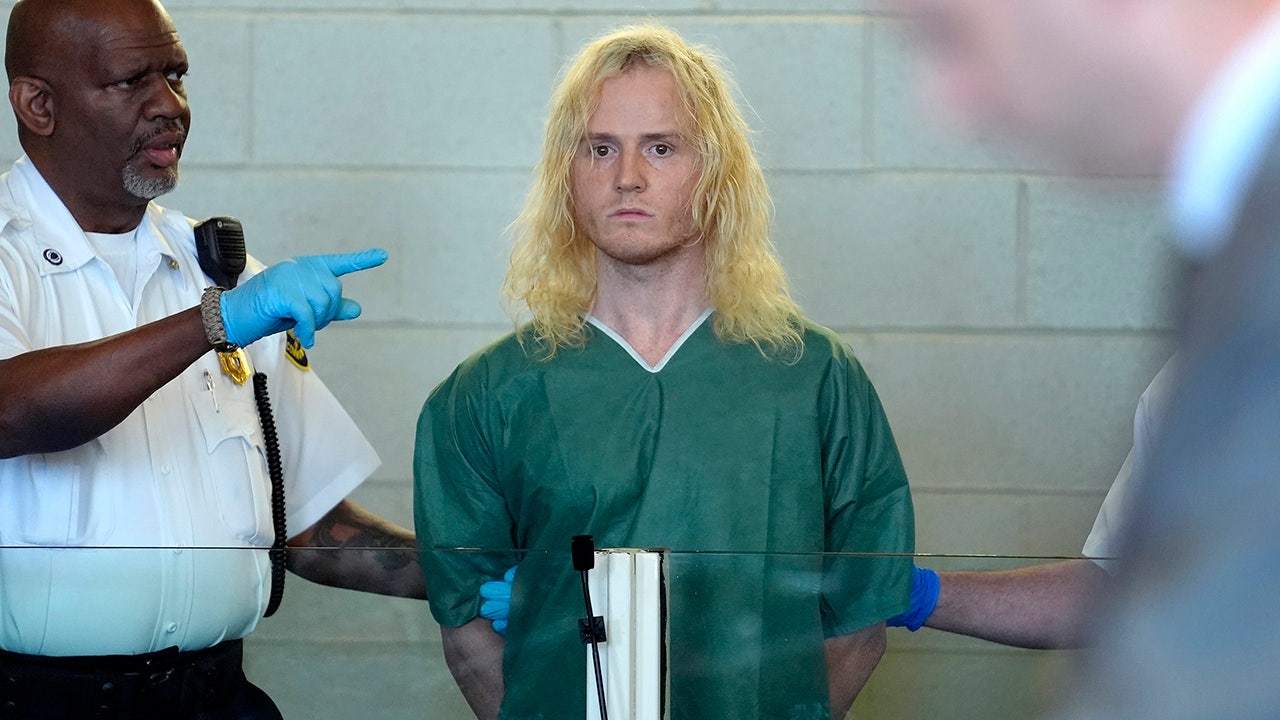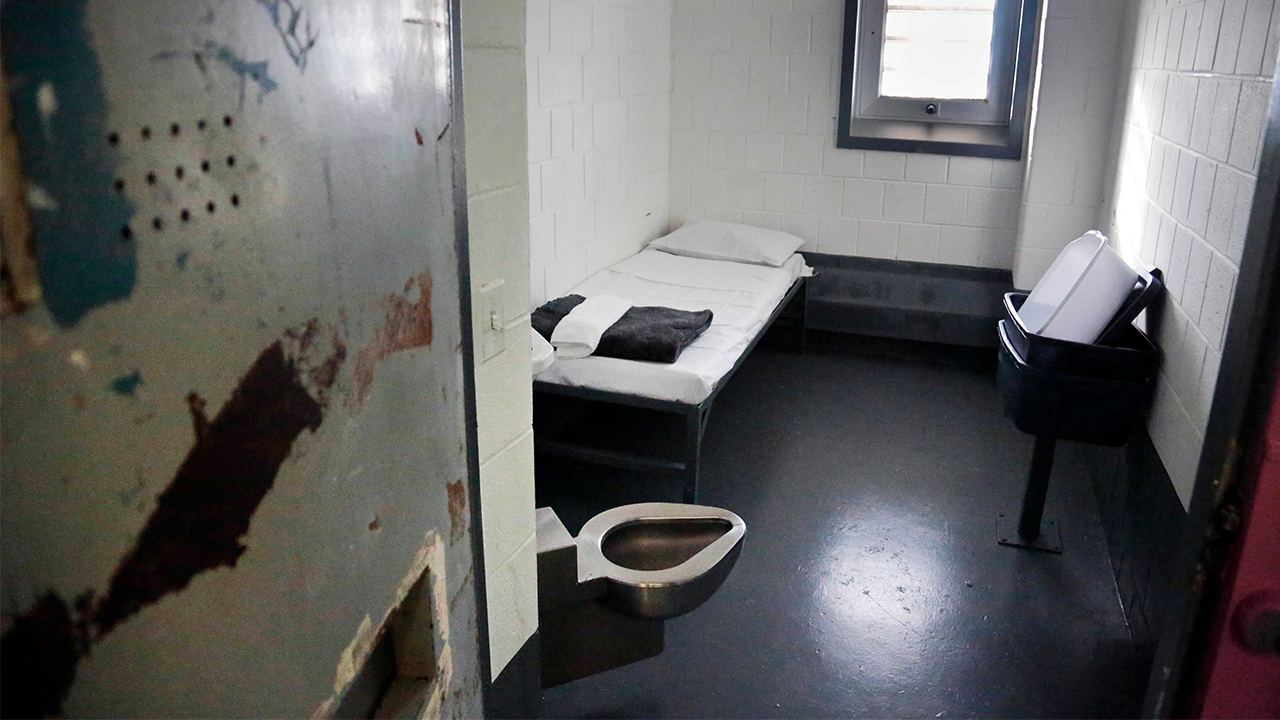
Ronald Reagan gets most of the credit, but it was Ike, not Reagan, who transformed the G.O.P. from an anxious, inward-looking party into a confident, outward-facing one. He and his internationalist successors believed that the only way to prevent more world wars was to build a multilateral democratic world order. They had the confidence to believe America could lead such an order. The key to success in any political conflict, the political theorist James Burnham argued in 1941, is spirit and willpower: “All history makes clear that an indispensable quality of any man or class that wishes to lead, to hold power and privilege in society, is boundless self-confidence.”
Ike’s confidence launched 60 years of Republican internationalism, gradually creating a party that helped defeat Communism and ushered in more global prosperity. Reagan amplified that sense of confidence and possibility. “Emerson was right,” Reagan told the 1992 Republican convention. “We are the country of tomorrow.” Reagan was confident enough to believe that America could welcome immigrants, benefit from their abilities and still remain distinctly America: “Our nation is a nation of immigrants. More than any other country, our strength comes from our own immigrant heritage and our capacity to welcome those from other lands.”
In his superb history of conservatism, “The Right,” Matthew Continetti describes dueling essays in 1989 between the conservative commentators Charles Krauthammer and Pat Buchanan that ran in the pages of The National Interest. Krauthammer argued that America should steer the world away from an unstable multipolar order and toward a more stable “unipolar world whose center is a confederated West.” Buchanan, one of the few remaining spokesmen for the older, isolationist G.O.P., titled his essay “America First — and Second and Third.”
At that time, the party embraced Krauthammer’s vision and rejected Buchanan’s. Within a decade Pat Buchanan had left the Republican Party, thoroughly marginalized. In 1999 the editors of the conservative magazine The Weekly Standard, where I worked, celebrated Buchanan’s departure from the party. In that same issue I wrote a humor piece trying to imagine the most hilariously unlikely version of the G.O.P. future. That piece was headlined “Donald Trump Inaugurated.”
It turns out that some political tendencies never really die; they just lie dormant for a few decades, waiting for the emotional mood to change. It’s conventional to say that Trump destroyed the postwar Republican establishment. That’s not quite right. The Tea Party’s extreme disgust with the course of American life was already flowing by 2009. The Pew Research Center detected a surge in American isolationism back in 2013. In 2004 only 8 percent of Republicans thought the United States’ power in world affairs was declining. By 2013, after Iraq and Afghanistan, 74 percent of Republicans thought American was in decline. By 2021, nearly a third of Republicans thought violence might be necessary to save America.





